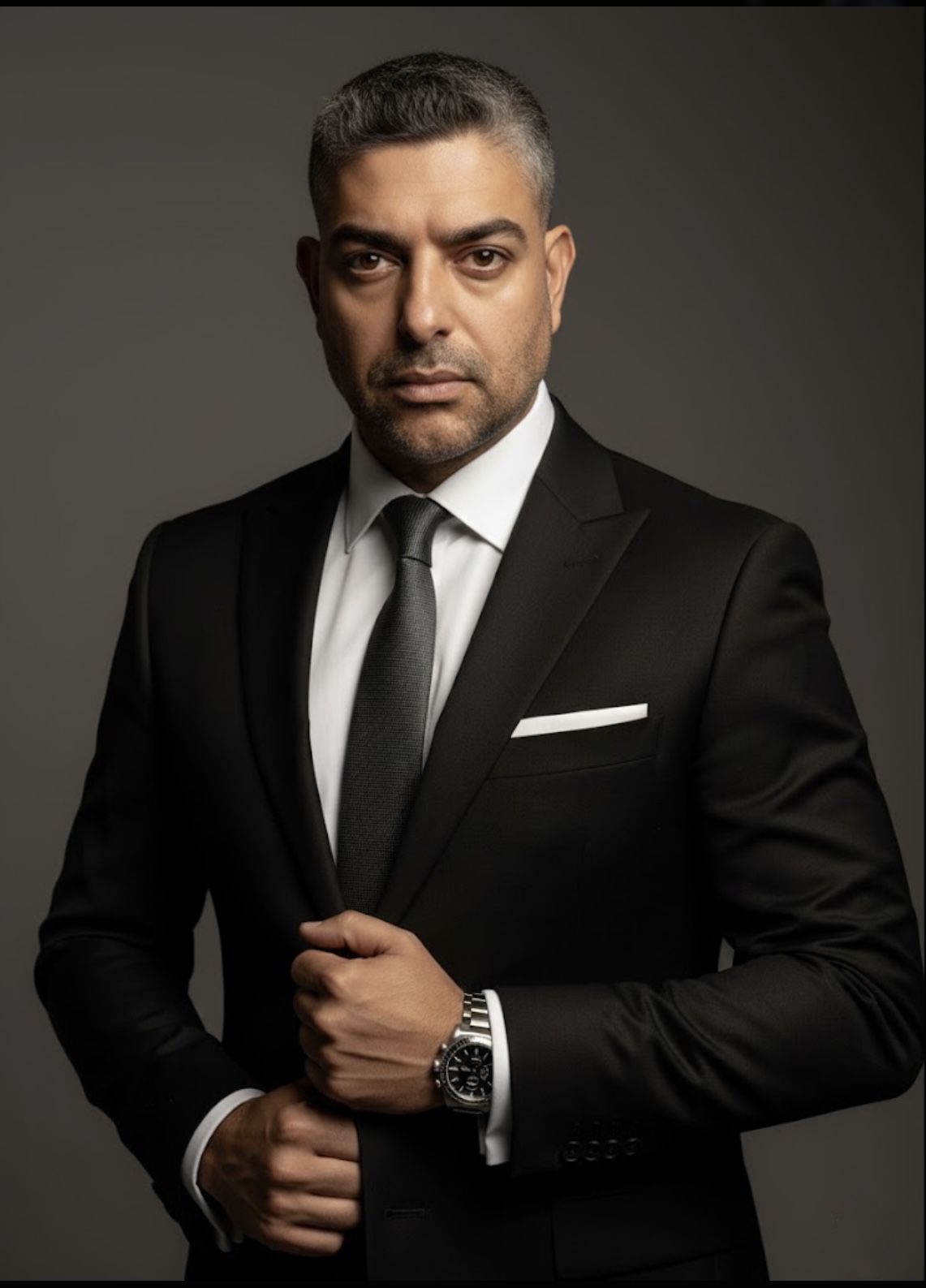Childhood Scars to Moral Compass: My Journey Through Injustice
- Damien Blaauw

- Sep 16, 2024
- 4 min read

Growing up, I was no stranger to inequity. It was an uninvited guest in my household, quietly weaving itself into the fabric of my childhood. The injustices I witnessed within my own family, between my parents and among my siblings, planted the first seeds of a deep-rooted discomfort that would grow into a fierce intolerance for injustice as I grew older.
As a child, I struggled to reconcile these experiences. I couldn’t understand why fairness seemed so elusive, why some were favored over others, or why certain wrongs went unaddressed. This confusion wasn’t just a passing phase; it was the beginning of a lifelong struggle with the concept of justice—or the lack thereof.
As I navigated through life, this early exposure to inequity manifested in an acute sensitivity to injustice in all its forms; whether in social settings, professional environments, or broader societal issues, I found myself reacting strongly, often viscerally, to anything that smacked of unfairness. The reaction isn’t merely a personality trait; it’s deeply embedded in my psyche.
The psychological phenomenon that explains this effect is often linked to what is known as “childhood conditioning”. Childhood conditioning refers to the way our early experiences shape our views, behaviors, and emotional responses as adults. In my case, the inequities I faced during my formative years conditioned me to develop a heightened sensitivity to injustice, but this isn’t just a random outcome; it can be deeply understood through Lawrence Kohlberg’s stages of moral development.
Kohlberg’s Stages of Moral Development
Kohlberg’s theory describes how individuals progress in their understanding and reasoning about moral issues, evolving through six stages across three levels of moral development:
Pre-conventional Morality:
Stage 1: Obedience and Punishment Orientation: As a child, I may have initially seen right and wrong through the lens of consequences. If I avoided punishment, it meant I was being "good." This stage is about understanding morality as a direct response to punishment or reward.
Stage 2: Individualism and Exchange: I began to see that different people have different perspectives, and morality could be about mutual benefit. Yet, even here, it was often about what I could gain or avoid rather than a deeper sense of justice.
Conventional Morality:
Stage 3: Good Interpersonal Relationships: As I grew older, I desired approval from those around me. I wanted to be seen as good by my parents, teachers, and peers. Morality, at this stage, was about living up to societal expectations and maintaining relationships.
Stage 4: Maintaining Social Order: My sense of morality evolved into a concern for maintaining order. I understood the importance of rules and laws in society, but I also began to see when these structures perpetuated the very inequities I had experienced as a child.
Post-conventional Morality:
Stage 5: Social Contract and Individual Rights: It was at this level that my sensitivity to injustice began to fully take shape. I started questioning the fairness of the rules and understanding that laws could be flawed. My moral reasoning expanded to include the rights of individuals and the idea that social contracts should promote the common good, not just serve those in power.
Stage 6: Universal Principles: This final stage, which few people fully reach, is where morality is guided by universal principles of justice, equality, and human dignity. For me, the injustices I witnessed and experienced in my early life propelled me towards this stage. I became driven by an internalized belief in the sanctity of human rights and the necessity of standing against any form of injustice, regardless of the personal cost.
In my case, the early experiences with inequity likely accelerated my development through these stages, particularly towards the post-conventional level. We see here, individuals are guided by their own moral principles, often leading to a profound sense of justice that can be at odds with societal norms.
Understanding Kohlberg’s stages has helped me see why I react so strongly to injustice today. My early life conditioned me not just to dislike unfairness, but to develop a moral framework where fighting against injustice became a core part of who I am, and when I see inequity, I’m transported back to those early moments of confusion and pain, and I’m reminded of why I cannot stand idly by.
Injustice, in any form, feels like a personal affront. It triggers memories and emotions that have been etched into my being since childhood, but rather than viewing this sensitivity as a burden, I’ve come to see it as a strength. It drives me to advocate for fairness, to stand up against wrongs, and to ensure that others do not have to experience the same inequity that shaped my early years.
Understanding the psychological underpinnings of my intolerance for injustice has been both enlightening and empowering. It has allowed me to channel my experiences into positive action, turning what once felt like a source of pain into a powerful force for change.






Comments